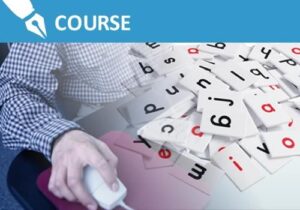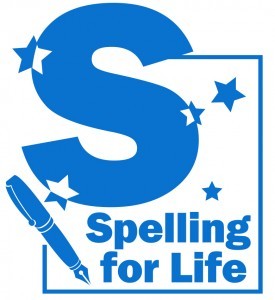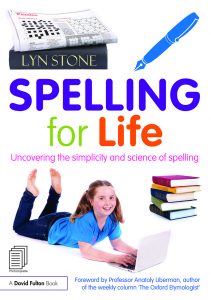 In my work, I’ve listened to educators debate the importance of spelling instruction and I’ve seen whole systems get it spectacularly right – and spectacularly wrong – and have written about the consequences of both.
In my work, I’ve listened to educators debate the importance of spelling instruction and I’ve seen whole systems get it spectacularly right – and spectacularly wrong – and have written about the consequences of both.
It is not easy to get spelling instruction right. The market is awash with cleverly promoted but linguistically inaccurate, ultimately empty resources that don’t promote orthographic mapping.
We’ve been talking to our students about the impact of their spelling lessons at school. Their answers have been quite eye-opening:
To be an effective teacher of spelling, you have to:
- know a lot about words and how they work and
- be able to explain that to novices who know very little, in ways that they can remember and use and develop into mental models of the whole system.
Because if your spelling resources are just lists of words grouped by sound, supported by some “independent spelling activities” like:
- word sorts
- colouring words in
- writing silly sentences
- writing words backwards
- assigning numerical values to letters in words
- memorising whole words for a test,
then I can guarantee you two things are going to happen:
- Your knowledge of the writing system as a teacher will plateau.
- The majority of the kids you teach will forget the words and spellings you’re trying to teach them.
Given the complexity of English orthography, given the population who find print difficult to grapple with, and given the technological supports that we can fall back on as writers, such as spell check and dictation software, the question I hear teachers ask is, “Can knowing better really help do better?”
Guess what my answer is.
Spelling for Life turns struggling spellers into:
- students who knows what they need to do if they want to study a word,
- students who are aware of the various forms words take,
- students who are aware that words exist in finite networks,
- students who can perceive and accept the fact that words are spelled the way they are for good reason,
and those become students who can respond, in writing, fluently, to what they’re learning.
Using an approach like Spelling for Life favours quality over quantity. You will undoubtedly cover fewer words than if you set 10-20 per week for memorisation for a weekly test. But covering words to tick them off a list in this way makes mastery of those words less and less likely when other protective factors are weak.
You owe it to yourself to get smarter about spelling.
You owe it to your students to get Spelling for Life.


